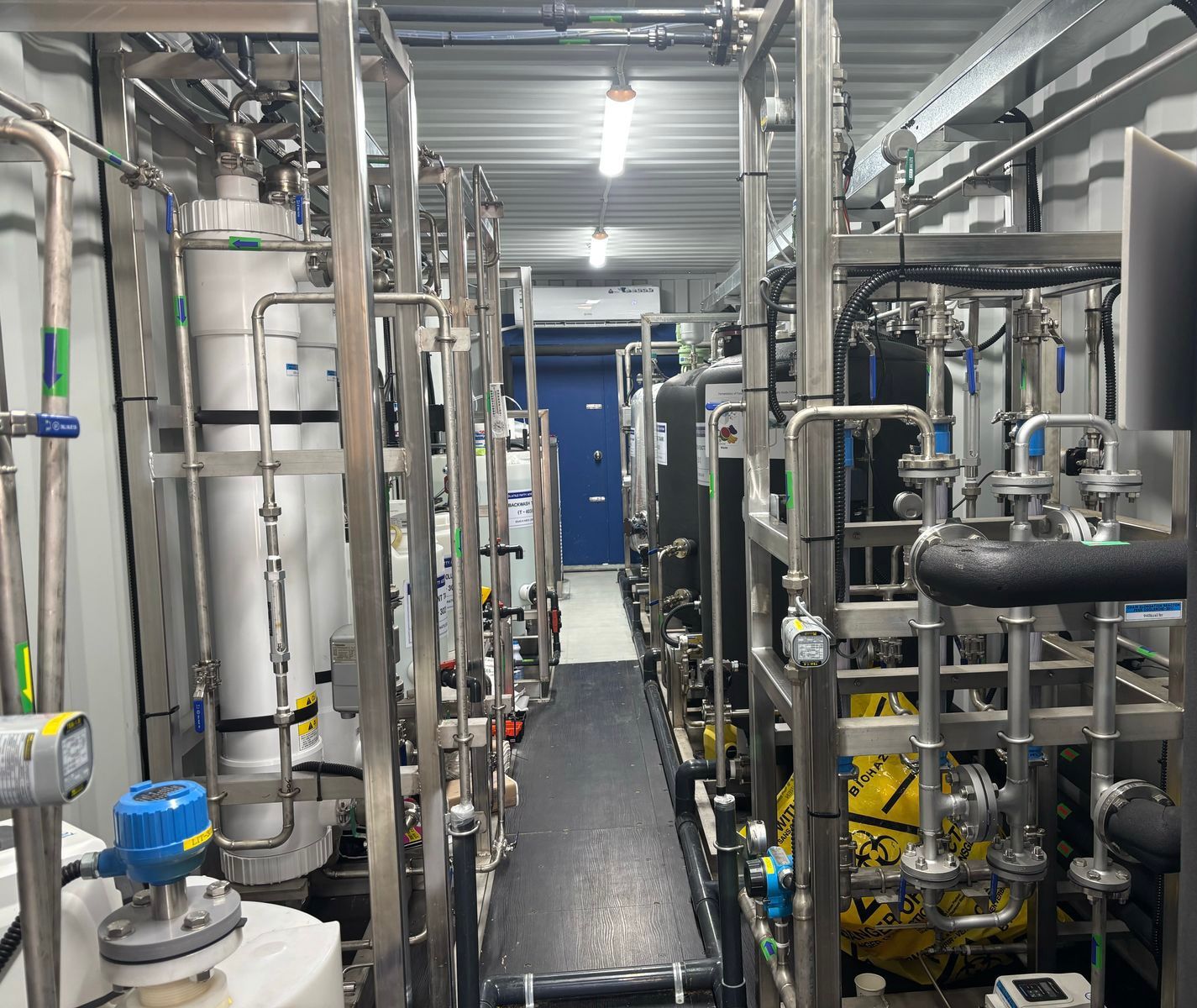Waste Valorization
Transforming dairy & fruit juice waste into high-value chemicals and protein — an innovative path to a circular economy.
Transforming dairy & fruit juice waste into high-value chemicals and protein — an innovative path to a circular economy.
Globally, more than 20% of food produced goes to waste, causing massive economic and environmental losses, with a significant share coming from dairy products and fruit-juice byproducts. The discarded food often goes to landfills, releasing harmful gases and contaminating soil and water. Our research aims to convert dairy and fruit juice waste into valuable chemicals such as short-chain carboxylic acids (SCCAs), medium-chain carboxylic acids (MCCAs), and protein-rich products such as casein, offering a sustainable alternative to landfilling.
After successfully proving the concept in bench-scale reactors, our team spent the past five years developing a next-generation organic waste-to-value chemical platform, now supported by international patent US20230332083A1 and an invention disclosure (KAUST reference number 2025-040), and has built and installed a pilot unit to showcase its ability to convert dairy and beverage waste into SCCAs, MCCAs, and casein at scale. This approach reduces greenhouse gas emissions, curbs pollution, and helps build a circular economy where potential revenue is reclaimed from waste.
